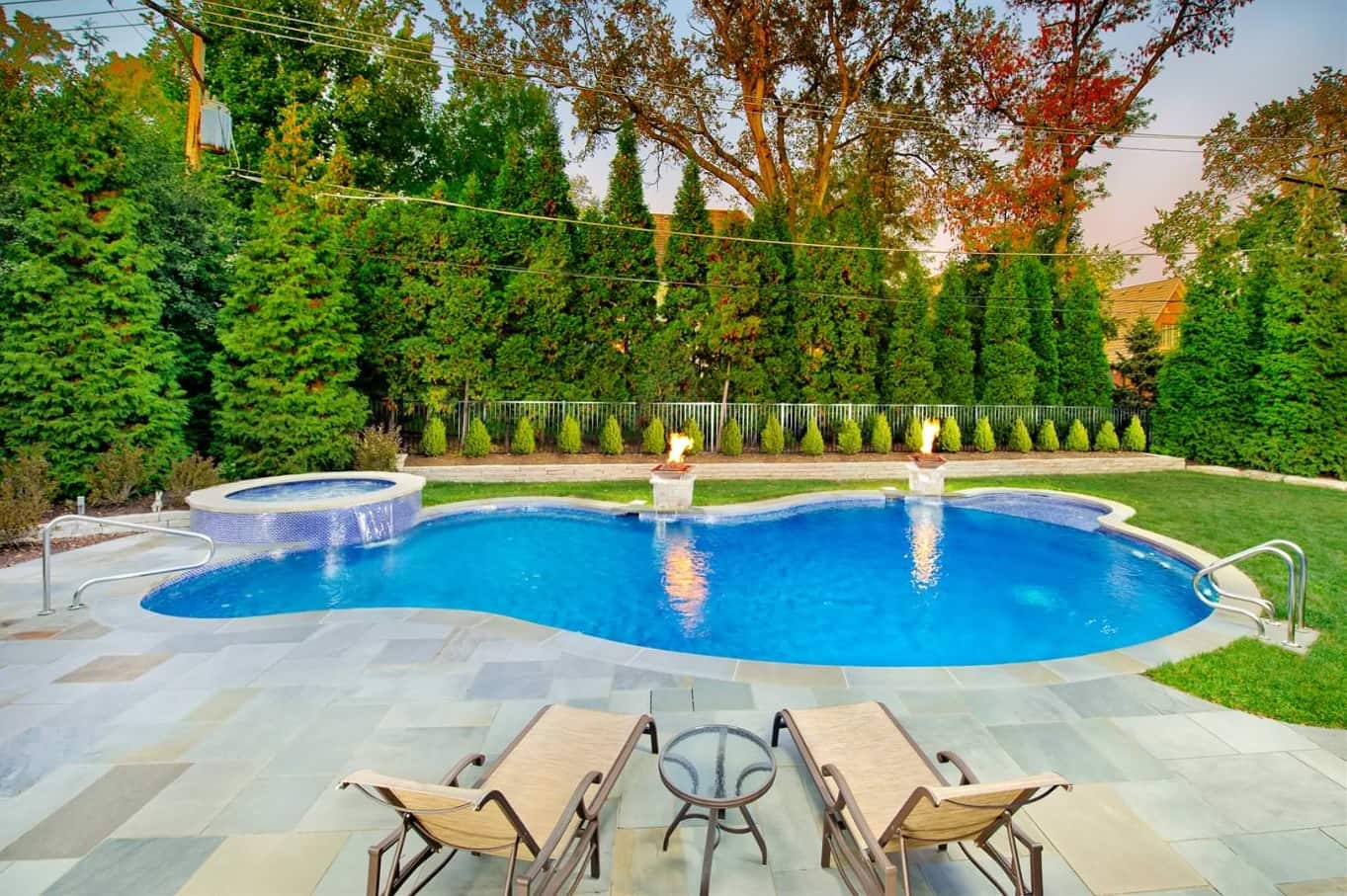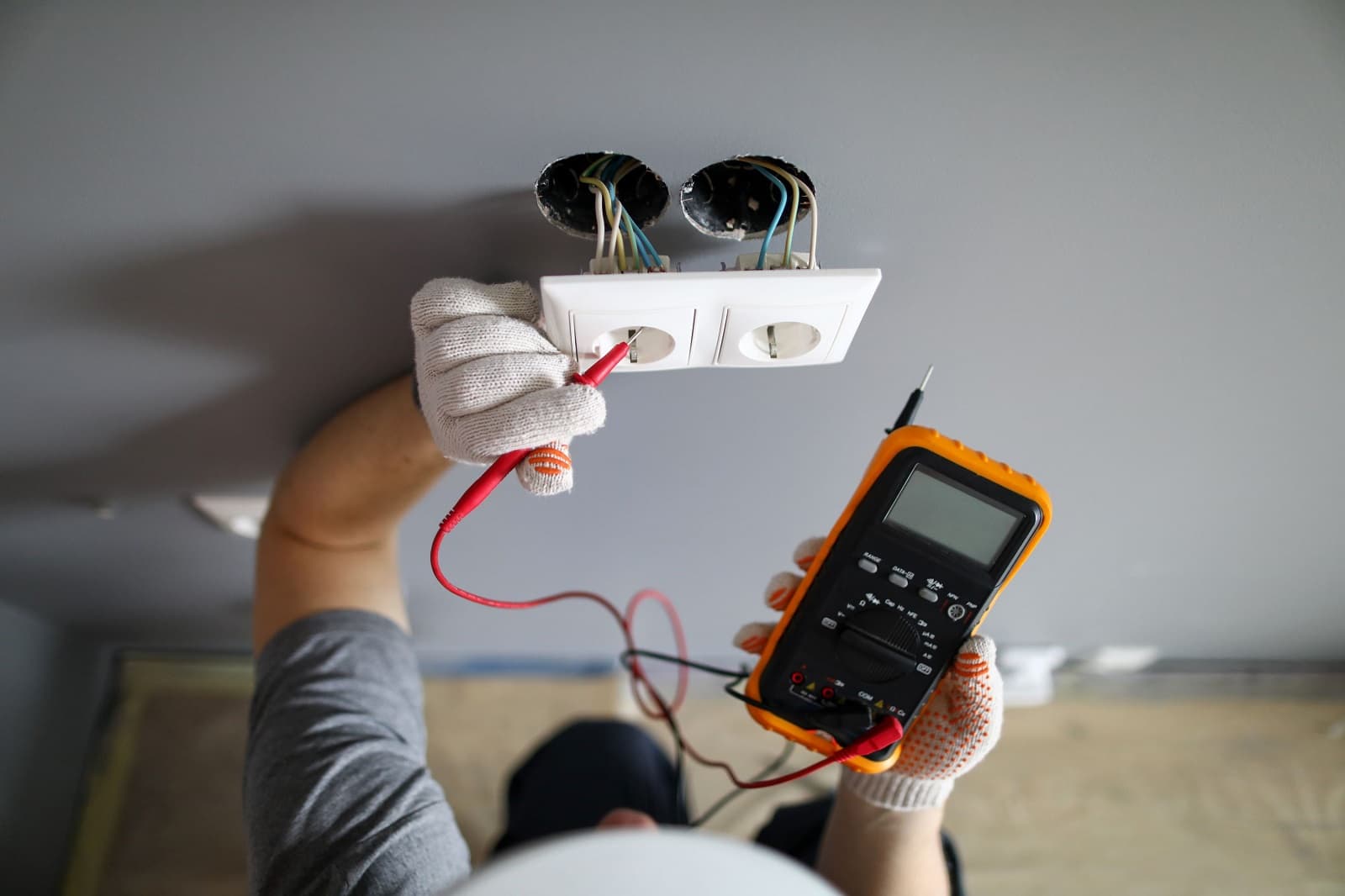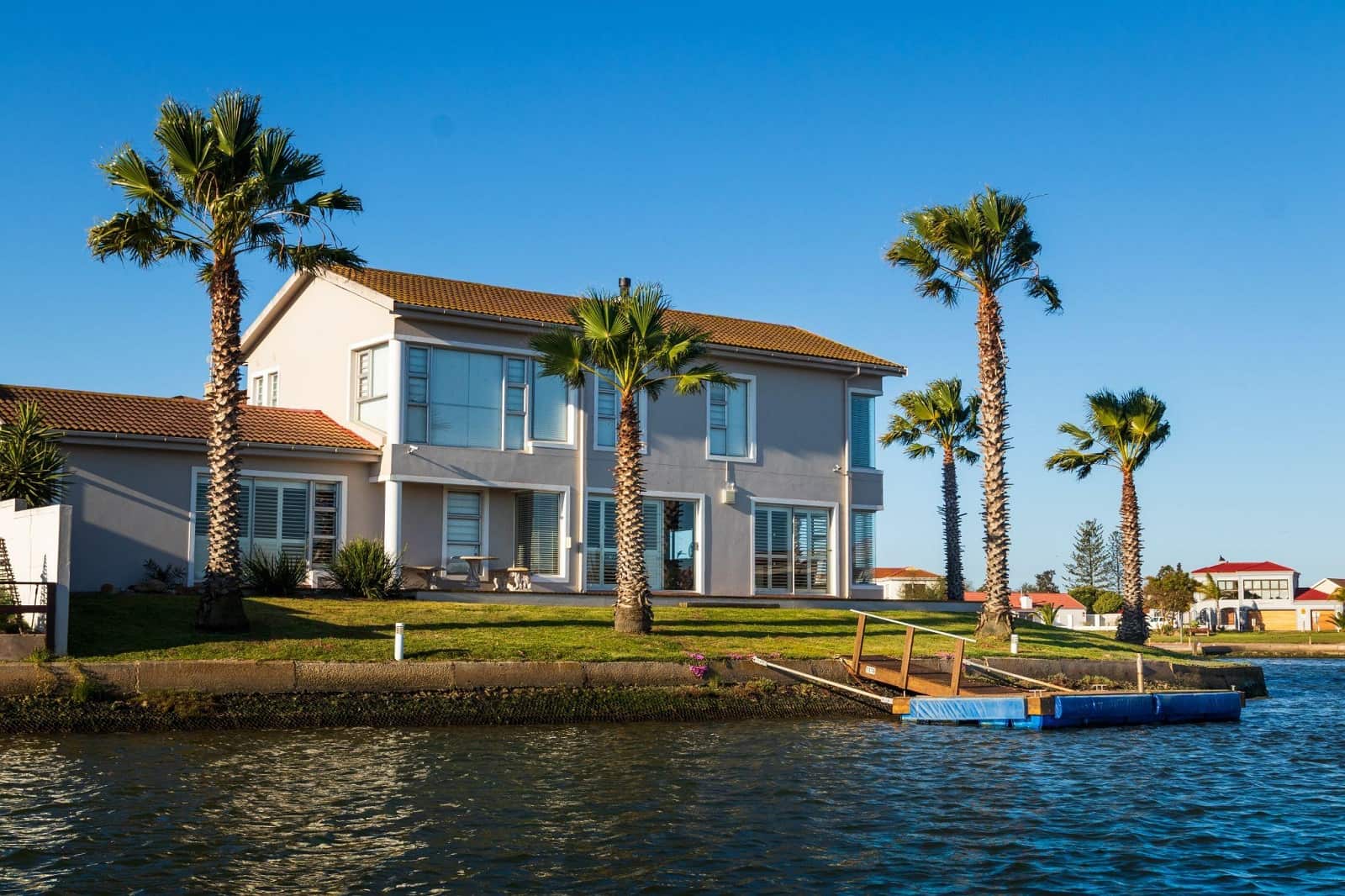Installing saltwater pools is a growing trend among homeowners. Where once they were isolated to beachfront resorts and cruise ships now they can be found in homes across the country. But what’s the difference between a saltwater and a freshwater pool?
The primary difference lies in the chlorination process. Chlorine is the chemical used to kill harmful bacteria, including E Coli, that otherwise flourish in the stagnant waters of a home swimming pool. Both types of pool use chlorine, however, it is applied to the water in different ways. Traditional freshwater pools are treated with chlorine through the use of chlorine tablets which dissolve in the water. Otherwise, the chlorine is added in a liquid form. In saltwater pools, a generator is used to turn the salt into chlorine gas.
The primary effect, keeping the pool clean and safe, is the same for both. However, the chlorination process has certain effects on the water and some people prefer the feeling and scent of the gas chlorinated saltwater to traditional pools.
Benefits of a Saltwater Pool
The benefits of a saltwater pool are numerous. For one, the generator keeps the pool clean and chlorinated at all times. This means it’s less of a hassle for you as the homeowner to keep track of things. You also get to avoid the experience of jumping headfirst into your pool only to come out slimy and green because you forgot to add the chlorine recently.
You also get to enjoy the same protective benefits with overall lower chlorine content. This is because the gas distribution method is more efficient and dispersers evenly throughout the pool. Lower chlorine content means less eye irritation for swimmers. As an added benefit, you also get softer water. The process for turning salt into chlorine is called electrolysis and results in fewer impurities, called chloramines.
Chloramines are the byproduct of chlorine breaking down organic material. They are more highly concentrated in freshwater pools and cause the unpleasant odor and physical sensation associated with chlorinated water. The lower chloramine presence is what gives a saltwater pool it’s “softer” feel, making it ideal for swimmers with sensitive skin or unique allergies.
On the financial side, because saltwater pools use less chlorine on a regular basis and stay cleaner for longer they are much cheaper and easier for homeowners to maintain. The time and money saved on regular pool maintenance can now be invested in its enjoyment.
Advantages of a Freshwater Pool
Freshwater pools have been popular among homeowners for years and there are distinct reasons for that. While using saltwater for your swimming installation has its advantages, there are a number of disadvantages as well.
For one, saltwater pools are more expensive upfront than freshwater. The generator that powers the electrolysis process is an additional piece of machinery that needs to be properly integrated and kept functional. This means a more involved installation process and thus more out of pocket money. There are also areas where the saltwater swimming pool may require additional maintenance and expenses to stay functional.
In contrast, freshwater swimming pools are more straightforward. If your pool is getting dirty and stagnant then you simply add more chlorine and give it time. This approach doesn’t work as well for a saltwater pool since the chlorine level is supposed to be self-balanced. If something is wrong then you likely have a mechanical or design flaw on your hands and those can be expensive and time-consuming to fix. In a similar vein, in order to keep the pool clean your generator needs to be well functioning at all times. This can cause wear and tear depending on how much you use the pool. Most homeowners know how to clean a dirty pool or can at least call a service. Fixing a broken generator is a bit more of a hassle and may require specialized knowledge that is difficult, and expensive, to obtain.
The use of salt also presents it’s own maintenance issues. While the percentage of salt in a saltwater pool is considerably less than what you’d find in the open ocean it’s still high enough to be partially corrosive. Regular exposure to saltwater can wear down metals, causing mechanical issues and structural weakness over extended periods of time. This, in turn, can lead to higher maintenance costs when something important breaks down. The effect can be diminished with additional protection, however, it’s tough to keep water out completely in the long run. Either way, you’re looking at either an increased upfront cost versus expensive repair costs down the road.
There are also some environmental factors to consider. Pools, in general, are not considered eco-friendly but saltwater pools specifically can have some negative effects on the surrounding environment. Wind may turn surface water into a salt heavy mist and spread it throughout the area. This salty mist can have a negative effect on plant life. The “danger area” is relatively small but if you value your green garden or patio plants then a saltwater pool may not be the best choice for you.
So, as you can see, the differences and benefits involved in owning a saltwater pool versus owning a freshwater pool are all about a balance of upfront cost and long term maintenance. As such, it’s always a good idea to seek out a professional service to handle the installation job. Not only can they do the initial work effectively, but they can also give personalized advice on what the best choice for your home might be. The specifics can be based on your budget, the design of your home, or the general climate conditions in your area. For example, Austin Texas Pool Builders might have suggestions and recommendations that are unique to the area and more specialized than what you might find online.
An expert has questions to ask that you might never have thought of and can help you make the best decision based on your answers. Search online for a professional in your area. For example, if you live in Austin Texas then type Austin Texas Pool Builders into the search bar.






